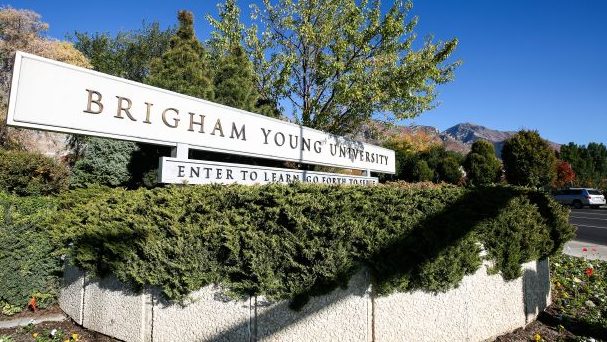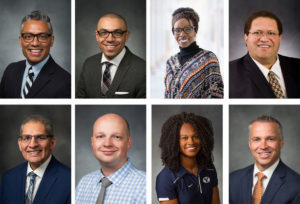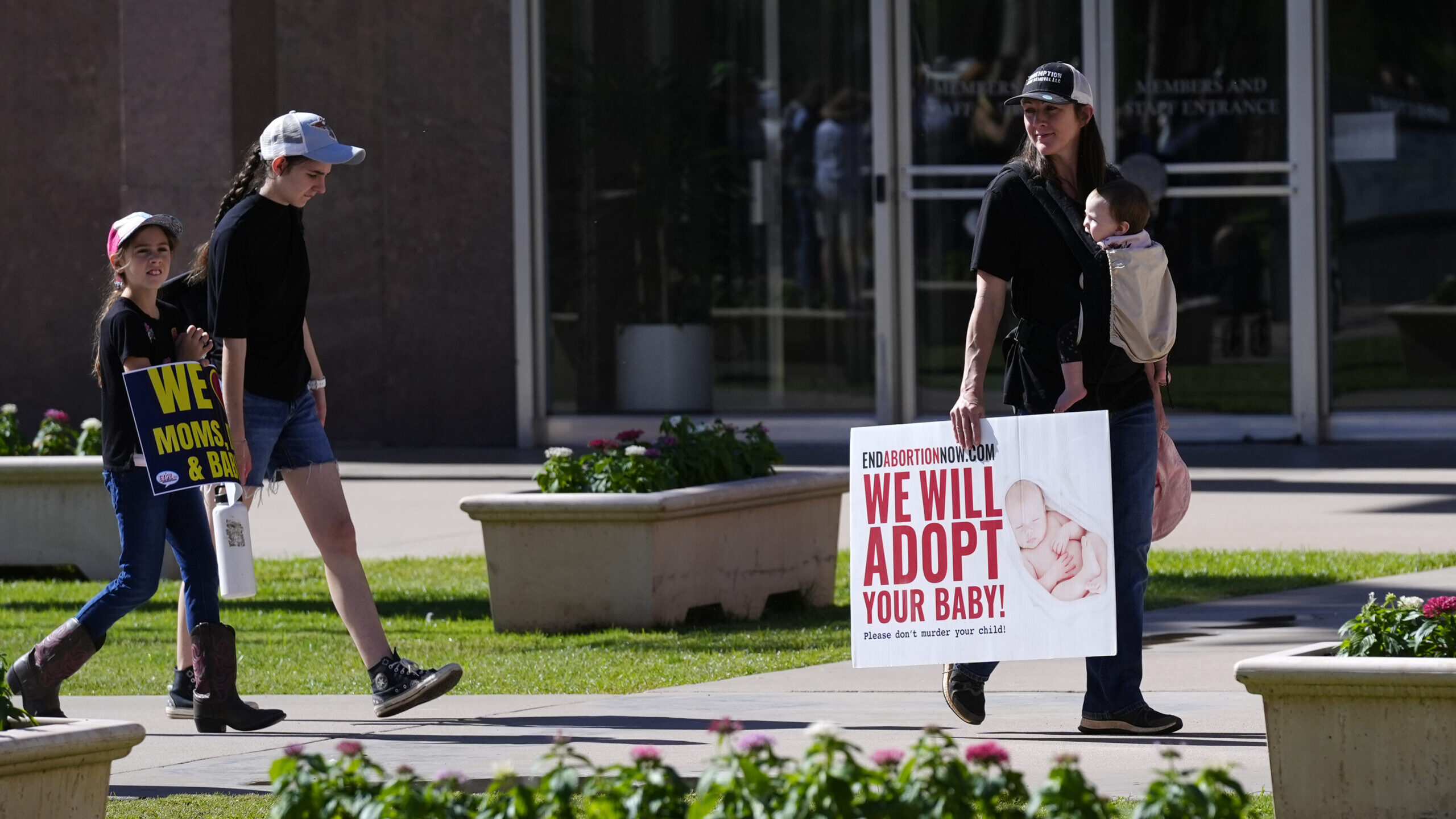BYU committee on race and diversity releases 26 recommendations to help ‘root out racism’
Feb 26, 2021, 4:59 PM | Updated: 5:06 pm

Researchers at Brigham Young University are using dirty diapers to try and detect autism in children earlier. Photo credit: Deseret News.
PROVO — After meeting since last July and following a deluge of thousands of personal and electronic communications with stakeholders, including the university’s minority alumni base, the nine-member committee tasked with improving racial equality at Brigham Young University and in the surrounding community has presented its initial findings to President Kevin J. Worthen and school officials.
The report, outlined in a 63-page document available at race.byu.edu, includes 26 recommendations for improving race relations both on and off campus, including the addition and changes to classes based on data received from nearly 20,000 respondents.
The recommendations are categorized under three headings related to improving the experience of Black, Indigenous and People of Color at BYU: institutional and organizational reforms, student belonging and equity, and faculty reforms.
INSTITUTIONAL AND ORGANIZATION REFORMS
- Create a central Office of Diversity and Belonging at the university.
- Create a new position of vice president for diversity and belonging who reports directly to the president and who oversees the office.
- Implement clear lines of accountability to empower the office to coordinate, focus and leverage existing student resources.
- Develop and implement extensive diversity and inclusion training and resources for students, faculty, staff and administration.
- Commit to curricular changes to general education, religion and elective courses that educate students on race, unity and diversity.
- Consider additions to the Aims of a BYU Education.
- Promote and implement the Fostering an Enriched Environment Policy throughout the university.
- Encourage colleges and departments to adopt statements on race, equity, and belonging to be used in college and department operations and communications.
- Establish a standing university committee dedicated to advancing racial understanding, enhancing equity, and promoting belonging for Black, Indigenous and Peoples of Color communities at BYU.
STUDENT BELONGING AND EQUITY REFORMS
- Establish a new position of vice president or associate vice president of enrollment management and student success that works specifically with BIPOC students.
- Form a committee to assist the vice president in managing that work.
- Develop a strategic plan to increase graduation rates for BIPOC students.
- Design and implement a race-conscious recruitment strategy to attract more BIPOC students to BYU.
- Perform an independent validation study on all current admission policies to evaluate the impact on BIPOC applicants.
- Evaluate legal parameters of a race-conscious admissions model for BYU by the university’s Office of the General Counsel.
- Select prestigious scholarship recipients with a “greater emphasis on a holistic review of the entire applicant file,” including scrutiny of policies that impact BIPOC applicants.
- Create “enriched environment scholarships” that honor early members of the church such as Jane Manning James and Elijah Abel and award them to students who demonstrate a commitment to the values in the Fostering an Enriched Environment policy.
- Create socioeconomic disadvantage scholarships for students in need.
- Create a process that allows students to report instances of racial discrimination on campus.
- Establish a dedicated, visible space on campus for underrepresented students and those who serve them.
- Take steps to ensure the Honor Code and similar standards are applied with cultural competence and sensitivity.
FACULTY REFORMS
- Design best practices for colleges and departments to identify qualified for BIPOC candidates for faculty positions.
- Assist and incentivize colleges to identify and mentor BIPOC students interested in pursuing careers in academic.
- Create an Emerging Scholars Program to track, identify and invite BIPOC PhD students to present their scholarship at BYU.
- Design a strategic plan to assist in mentoring, training, supporting, recognizing, connecting and developing BIPOC faculty at BYU.
- Provide BIPOC faculty with opportunities to serve in senior university leadership positions.

BYU’s committee on race and racial inequality featured nine members, including Moises Aguirre, multicultural student services; Ryan Gabriel, department of sociology; Lita Little Giddins, college of family, home and social science; Vern Heperi, office of student success and inclusion; Carl Hernandez III, J. Reuben Clark law school; Jon McBride, university communications; Stephani Perkins, assistant coach, women’s track and field; and Michalyn Steele, professor in the J. Reuben Clark Law School. (Photo: Courtesy: BYU Photo)
“All of the recommendations are extremely helpful,” Worthen said in a news release with the committee’s findings. “Some of them, such as making curricular changes to general education, religion and elective courses that educate students on race, unity and diversity, as well as establishing college-wide statements on race and belonging, are already in process.
“Others will take more time; some will require additional consideration. The committee’s full report and the recommendations will help us better nurture and retain our BIPOC students and employees. There is hard work ahead, but the committee has outlined some important steps we need to take and provided a model for how this can be done.”
Among the findings are several key discoveries the committee says should be addressed immediately to “create a sense of belonging for every student and employee.
For the full article, visit KSL.com here.













